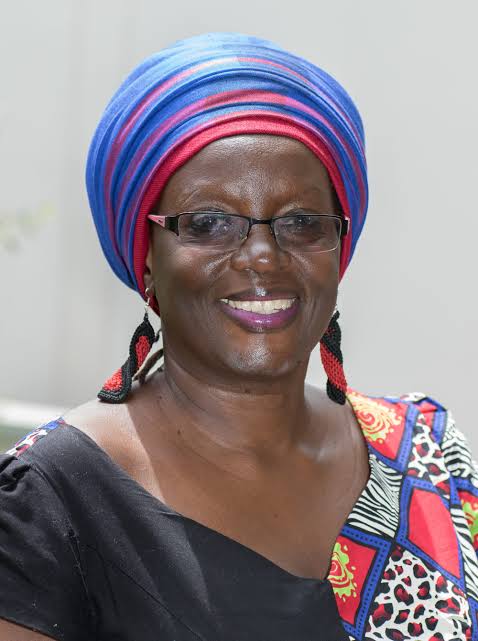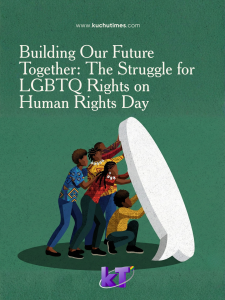Notes to the Committee on Legal & Parliamentary Affairs Committee
Prof. Sylvia Tamale [March 16, 2023]
Good morning Honorable members of the Legal and Parliamentary Affairs Committee. Thank you for availing us with the opportunity to address you this morning on the Anti-Homosexuality Bill, 2023. My brief submission is going to focus on the general implications of the proposed law on a minority section of Ugandan citizens.
1. President Museveni appeared on BBC’s Hard Talk on February 23, 2012 and said something very profound: “Homosexuals – in small numbers – have always existed in our part of black Africa… They were never prosecuted, they were never discriminated… What happened in African tradition was that the homosexuals would be known; it would not be approved, but would be ignored. It would be their private issue.” The panel of medical experts that the president set up in 2014 to advise him on the earlier bill agreed with this position when they reported: “In every society, there is a small number of people with homosexual tendencies.”
2. Hon. Members, same-sex relations, cross-dressing and transgenderism have always been part of humanity and certainly well known in Africa. Indeed, there are numerous examples around the continent.
3. Should the sexual abuse of children be punished? Absolutely. Should their recruitment in sexual acts be punished? Absolutely. Should rape be punished? Absolutely. Both heterosexual and homosexual abuse of children and sexual assaults must be punished in the harshest possible way. In fact, the Penal Code (as Amended) deals with these issues very effectively. So does the Sexual Offences Bill, which this Parliament itself recently passed. All Ugandans agree that paedophiles have no place in a civilised society; but let’s not make a mistake; paedophilia and homosexuality is not the same thing. And it’s well established that the majority of paedophiles are heterosexual.
4. It is against our African ethos of Obuntu Bulamu when we legislate to “disappear” the identity of a section of our population or when we penalize a victimless “crime”; however much we may hate the actions. In Long Walk to Freedom, Nelson Mandela condemned bigotry, discrimination and exclusion as non-African. Even though in the 1960s and 1970s he condemned homosexuality, as President, he argued for inclusion and demarginalization and indeed, the South African constitution became the first in the world to explicitly outlaw discrimination based on non-conforming sexualities.
5. Hon. Members, do not to introduce Sexual Apartheid or “MaCarthyism” in Uganda. During the 1950s American Senator Joseph MaCarthy sowed fear and hatred by accusing several people of being communists—the most hated label that could be thrown at you during that time. The lives of politicians, authors, actors, scholars, journalists and many others were shattered by a claim with no basis; hundreds lost their jobs; they were ridiculed and condemned by the neighbours and friends; some even committed suicide as a result.
6. I wish to end with a cautionary word to honourable members of this Committee. Hon. Amama Mbabazi was the principal author of the Public Order Management Act (POMA) in 2011. When he contested for presidency in 2016, it was his POMA that the government used to stop him from moving around the country and campaigning. Don’t be surprised when this law comes back to haunt you one day; all it takes is a whispered accusation from a political rival to claim that you are “gay” or that you “promote” homosexuality. A few photoshopped pictures are enough to condemn you not simply to a lost election, but to a monetary fine, jail and community shunning. Such “mud” has a way of sticking; whether or not you are innocent does not matter; the damage will have been done. The Anti-homosexuality Bill is the perfect tool to end the political career of anyone of you, whether or not you are LGBTQ+.




